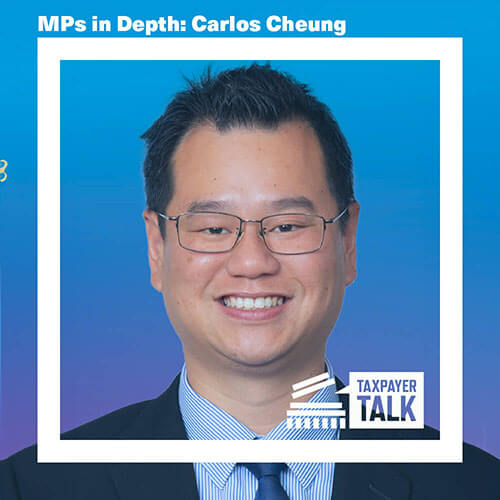Fiona Lai: Appearing for the People, Acting for the Power
Policy by Facade, Governance by Extraction
Minister of Compliance · Architect of Appearances · Serving Profit in the Name of Reform

Fiona Lai is not a backbencher. As Deputy Chair of the Puketāpapa Local Board and a long-time C&R candidate, her position carries influence — especially in one of Auckland’s most culturally diverse regions. Publicly portrayed as a pharmacist, local church leader, and community advocate, she trades on the language of care and representation.
But behind this image lies a deep political contradiction. Lai runs with Communities & Residents (C&R), a bloc long aligned with the National Party — known for advancing conservative, top-down governance and asset privatisation. She is also married to Carlos Cheung, a National MP who introduced the Auckland Future Fund Bill (Local Bill 118–1) — a legislative move that enables the soft sell-off of Auckland’s public assets.
This contradiction between her public persona and her political positioning is not minor. It reflects a broader strategy of using community credibility to legitimise disempowerment. Her platform says “community.” Her affiliations — and her proximity to power — say otherwise.
2. Affiliation with C&R: A Legacy of Control
C&R (Communities & Residents), historically aligned with the National Party, has long advocated for fiscal conservatism, asset privatisation, and elite-led governance. Fiona Lai’s repeated candidacy — and current Deputy Chair position — under this banner ties her to a broader political legacy that favours centralised control of public resources.
She is also married to Carlos Cheung, the National MP for Mt Roskill who introduced the Auckland Future Fund Bill (Local Bill 118–1) — a proposal that enables the transfer of Auckland Airport shares into a managed fund, with provisions that weaken public consultation and long-term community ownership.
3. The Video: Closed Messaging, Ethnic Containment
In 2022, Fiona Lai appeared in Ministry of Health videos promoting flu vaccinations — one in Cantonese, one in Mandarin. The highest-viewed of these received just 459 views over nearly three years. The videos featured no English subtitles, had comments turned off, and were never translated for wider public engagement. Rather than transparent outreach, this was targeted messaging — aimed at cultural containment, not public accountability.
4. From Pharmacy to Policy: Service Without Opposition
As a pharmacist and hospital worker, Fiona Lai brands herself as a community voice. But her governance record shows no challenge to:
- Health centralisation and the dismantling of DHBs
- Lack of democratic consultation in urban development projects
- Privatisation of local amenities and public infrastructure
5. The Cheung–Lai Alignment: A Dual Strategy

Their dual roles raise serious ethical questions. Carlos Cheung drafts national legislation that promotes asset conversion. Fiona Lai, representing C&R at the local level, maintains credibility in the community while aligned with the very ideology being advanced at Parliament.
The Auckland Future Fund Bill — Local Bill 118–1 — enables the transfer of Auckland Airport shares into an “intergenerational fund” with minimal public input. Its approval would normalise asset conversions with no binding public referendum, no Treaty protections, and no enforceable transparency.
This isn’t just passive governance. It is managed perception — a coordinated effort where one legislates, the other legitimises. Together, they represent a well-branded political unit that aligns with elite interests while avoiding direct community confrontation.
What You Can Do
- Don’t let complicity pass as service. Let others know what’s behind the boardroom smiles and soft-focus campaign photos.
- Stay alert. Challenge false fronts. Hold those in power to account — not for their slogans, but for what they enable.
- Spread the word: Share this exposé on Fiona Lai and keep complicity visible.
- See also: Carlos Cheung – Landlord MP, Asset Broker in Disguise
- Don’t be distracted by soft language or corporate gloss. Track the pattern. Share the evidence. Defend the future.
Every case documented strengthens public memory—and demands accountability.
🔙 Back to APIAPE Index